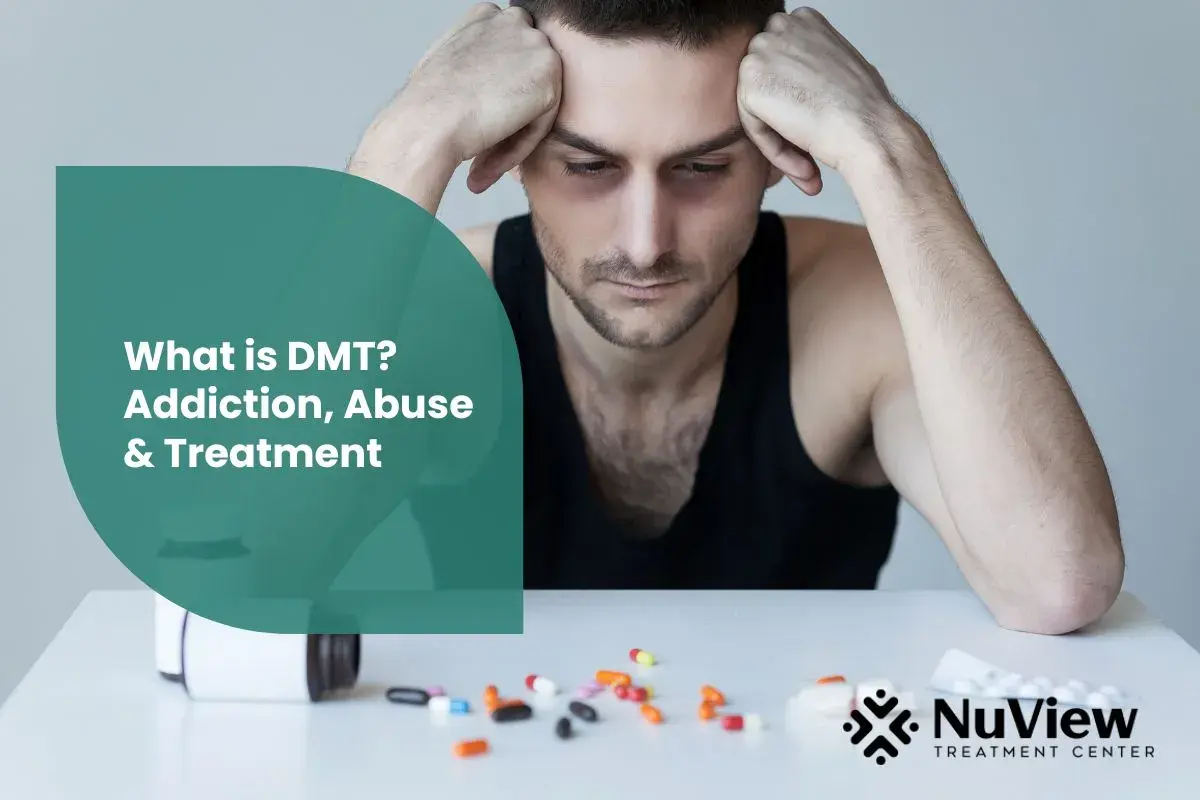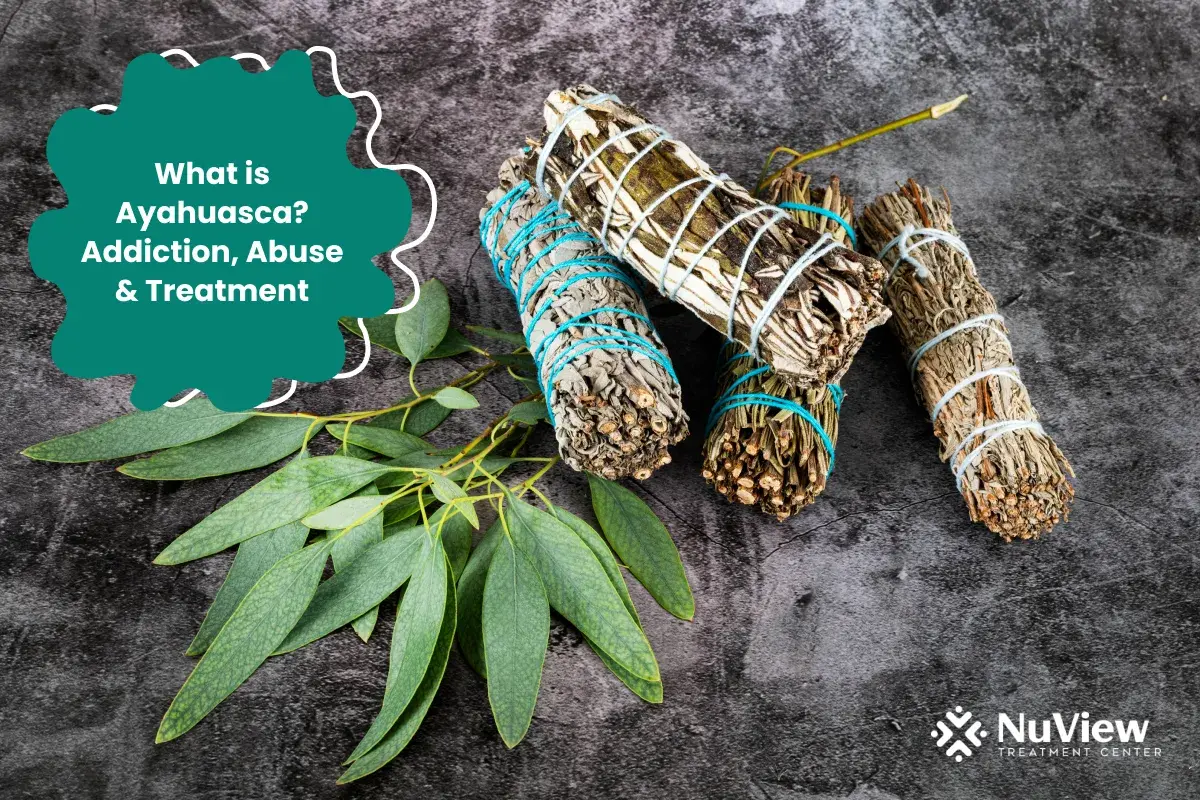Are you aware of the hidden dangers of cocaine use? In an era where substance abuse is alarmingly common, recognizing and understanding the signs and symptoms of cocaine overdose becomes crucial.
This guide dives deep into what constitutes a cocaine overdose, detailing the signs to watch out for and the lifesaving treatments available. Whether you're a healthcare professional, someone affected by addiction, or just a concerned individual, grasping this knowledge is vital.
This article aims to equip you with the information necessary for timely and effective intervention – a key step in preventing tragic outcomes and saving lives.
Key Takeaways
- Cocaine overdose is a serious medical emergency characterized by symptoms like rapid heart rate, high blood pressure, seizures, and potential loss of consciousness, requiring immediate medical intervention.
- Contributing factors to cocaine overdose include the amount consumed, individual tolerance, physical health, method of use, and mixing with other substances.
- The dangers of cocaine overdose extend beyond immediate risks, leading to long-term health issues such as heart disease, brain damage, and mental health disorders.
- Effective treatment for cocaine addiction combines medically supervised detoxification, cognitive-behavioral therapy, and support groups, with success stories highlighting the potential for recovery.
- Rehabilitation centers like the Hazelden Betty Ford Foundation report success rates of 50-70%, emphasizing the effectiveness of comprehensive treatment programs.
Signs and Symptoms of Cocaine Overdose
Identifying a cocaine overdose quickly can be crucial. Here is a list of the key physical and behavioral symptoms, with brief explanations for clarity:
Physical Signs:
- Rapid heart rate
- High blood pressure
- Elevated body temperature
- Excessive sweating
- Dilated pupils
- Tremors or muscle twitches
- Chest pain
- Nausea or vomiting
- Seizures
Behavioral Signs:
- Extreme agitation or anxiety
- Paranoia
- Hallucinations
- Delirium
- Confusion
- Irregular or labored breathing
- Loss of consciousness
Symptoms can vary based on individual factors like tolerance and dosage. If these symptoms are observed, especially severe ones like seizures or loss of consciousness, immediate medical attention is critical.
Get Started With Nuview Treatment Center
Our dedicated professional staff is here to guide you or your loved one on the journey to lasting recovery, offering support every step of the way.
Factors Contributing to Cocaine Overdose
Factors like the amount consumed, individual tolerance, physical health, and substance interactions lead to a cocaine overdose.
Gaining insight into these variables helps in understanding and preventing overdose situations.
Let's get into the specifics of how much cocaine can trigger an overdose and the risk factors involved.
How Much Cocaine Can Lead to Overdose?
For some, even less than a gram can be dangerous, particularly for those with low tolerance or underlying health issues.
The exact amount of cocaine leading to an overdose varies widely, with even small amounts posing a risk for some individuals.
This variability is influenced by factors such as personal tolerance, physical health, and the purity of the drug.
Risk Factors for Overdose
Key risk factors for a cocaine overdose include mixing the drug with other substances like alcohol or opioids, a gradual increase in tolerance leading to higher consumption, and underlying health conditions, particularly those affecting the heart and respiratory system.
Methods of consumption, such as injecting or smoking cocaine, also significantly impact the risk level.
Dangers and Statistics
Exploring the specific dangers of cocaine overdose and the hard numbers behind its prevalence provides a clearer understanding of this critical public health issue.
Cocaine Overdose Dangers
Cocaine overdose can lead to immediate dangers like cardiac arrest, respiratory failure, and seizures, potentially resulting in sudden death.
Long-term risks include the development of heart disease, brain damage, and severe mental health issues like anxiety and depression.
The risk of addiction and the potential for dangerous behavior while under the influence further compound these dangers.
Statistical Overview
Recent statistics from the CDC and NIDA reveal the severity of the cocaine overdose crisis. In 2021, there were 32,537 overdose deaths involving cocaine, marking a significant increase from previous years.
Drug overdose deaths totaled 106,699 in 2021, a 14% increase from 2020. These figures underscore the growing impact of cocaine use and the urgent need for effective intervention and prevention strategies.
Did You Know?
Cocaine-related emergency room visits often involve polydrug use, where cocaine is used in combination with other substances, increasing the risk of overdose. (Source)
Get Started With Nuview Treatment Center
Cocaine Addiction Treatment and Recovery
Understanding the available treatments for cocaine addiction and hearing success stories can provide hope and guidance for those seeking recovery.
Comprehensive Addiction Treatment
Treatment options for cocaine addiction include medically supervised cognitive-behavioral therapy, and participation in support groups like Narcotics Anonymous.
Rehabilitation programs often offer a combination of these treatments, tailored to the individual's needs, to address both the physical and psychological aspects of addiction.
Success Stories and Rehabilitation Programs
Success stories from individuals who have overcome cocaine addiction can be powerful motivators.
Examples include Lori, who found hope and healing in recovery; Bryce, whose journey exemplifies transformative self-discovery; and Matt, who recovered through Narconon and stayed to help others.
Linda's story through Cocaine Anonymous and a treatment center highlights the worsening nature of addiction without intervention.
The Hazelden Betty Ford Foundation reports success rates of around 50-70% for patients completing their programs, emphasizing the effectiveness of comprehensive treatment and the potential for long-term recovery.
Frequently Asked Questions
What is Cocaine Toxicity?
Cocaine toxicity is when the drug’s concentration in the body reaches levels that can cause harm or be life-threatening. It leads to various harmful effects on the heart, brain, and respiratory system.
What is Cocaine Toxicity?
Cocaine toxicity is when the drug’s concentration in the body reaches levels that can cause harm or be life-threatening. It leads to various harmful effects on the heart, brain, and respiratory system.
Can a Person Overdose on Cocaine the First Time They Use It?
Yes, a person can overdose on cocaine even during their first use. The risk of overdose doesn’t depend on frequency of use but on factors like the drug’s purity, dosage, and individual’s physical response.
How is Cocaine Overdose Treated in a Hospital Setting?
In a hospital setting, cocaine overdose treatment focuses on stabilizing the patient’s heart rate and breathing, often involving medications to treat agitation, seizures, and heart problems, alongside supportive care like oxygen therapy.
How Does Cocaine Purity Affect the Risk of Overdose?
Higher cocaine purity increases the risk of overdose, as purer forms of the drug contain more potent concentrations of cocaine, leading to more intense and dangerous effects on the body.
Can Cocaine Overdose Be Mistaken for Other Medical Emergencies?
Cocaine overdose can sometimes be mistaken for other medical emergencies due to similar symptoms like heart attacks, seizures, or severe mental health crises, making accurate diagnosis and immediate medical attention crucial.
- Signs and Symptoms of Cocaine Overdose
- Factors Contributing to Cocaine Overdose
- Dangers and Statistics
- Cocaine Addiction Treatment and Recovery
- Frequently Asked Questions
- Signs and Symptoms of Cocaine Overdose
- Factors Contributing to Cocaine Overdose
- Dangers and Statistics
- Cocaine Addiction Treatment and Recovery
- Frequently Asked Questions
Get Help Today!
Everyone is Welcome Here and We All Have Your Back
Your healing journey deserves a personalized approach. At NuView, we integrate expertise in behavioral therapy, mental health, and substance use treatment to create a customized recovery plan tailored to your unique needs.
Connect with our Admissions Specialists today.






Written By
Dr. Ryan Peterson